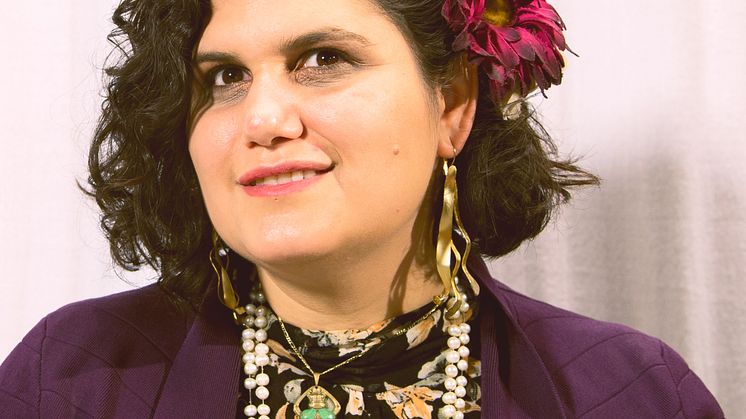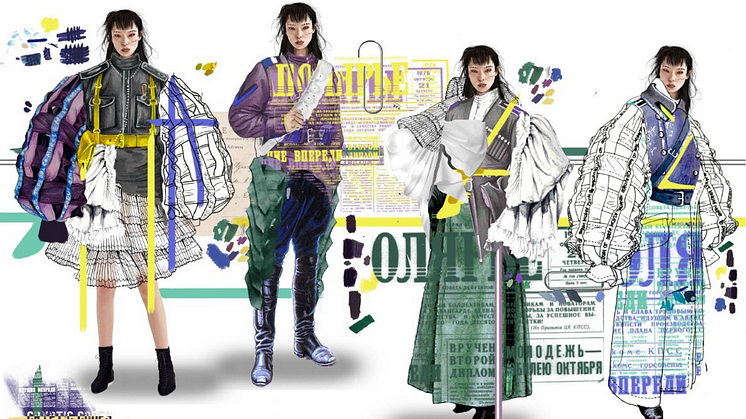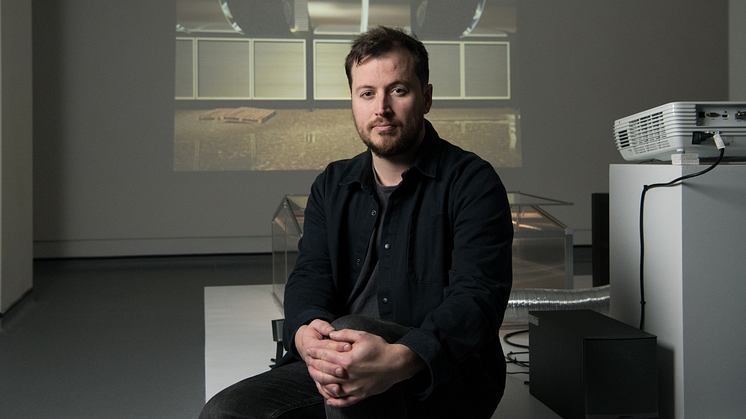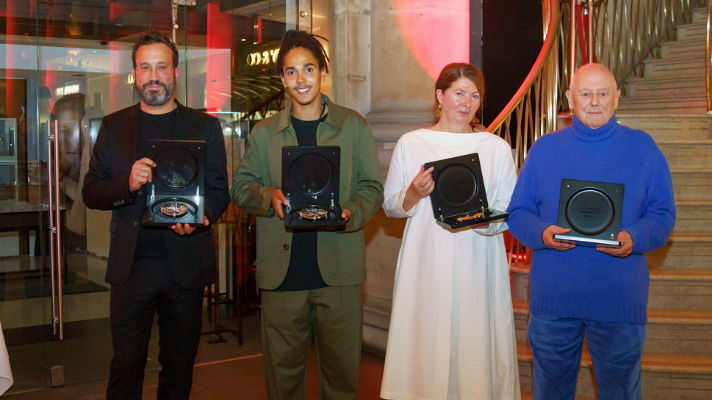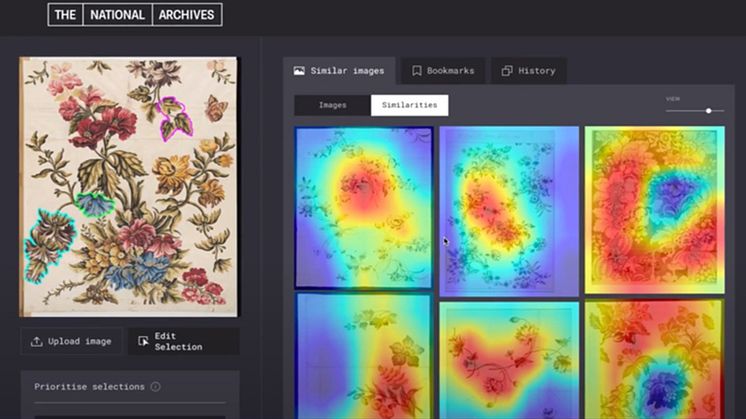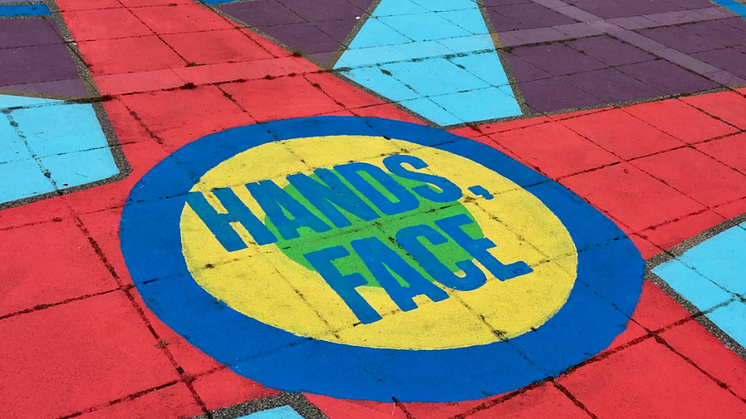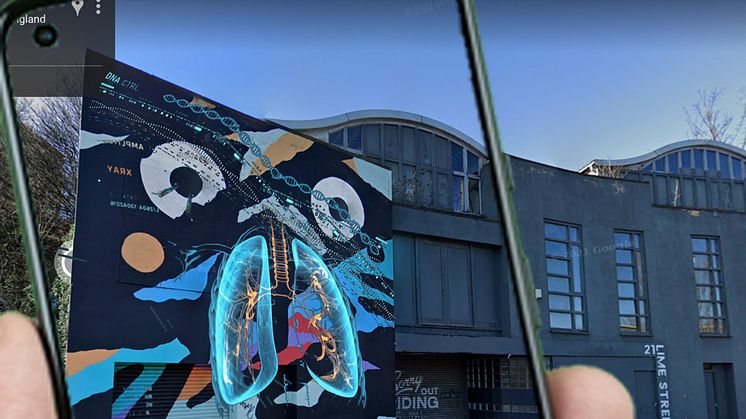
Press release -
Digital art trail explores decisions on organ and body tissue donation
Research by Northumbria University which explores public perceptions around organ, tissue and body data has been transformed into an Augmented Reality art trail in Newcastle.
Led by designer and Senior Research Fellow, Dr Stacey Pitsillides in collaboration with interaction design collective body>data>space, the Donate Yourself project aims to take members of the public on a journey using sound and 3D visuals to spark debate around the important role the human body plays in scientific discovery.
Although an emotive issue, becoming an organ donor can have a long-lasting impact, either by saving the lives of others or supporting medical research to find cures for diseases.
From May 2020, England shifted to an opt out system for organ donation, moving the decision closer to a socially normalised practice. However, body donation, or the donation of tissue after death for education, scientific and medical research, has been less widely discussed within public forums.
Dr Pitsillides, who works in the Northumbria School of Design, began the Wellcome Trust-funded research with medical sociologist, Dr Holly Standing and research assistant Luke Sellers. The work was commissioned by One Cell at a Time, a public engagement project inspired by the Human Cell Atlas research initiative and the team carried out interviews and workshops with scientists, medical students, a data wrangler and members of the public to understand the impact that organ and tissue donation can make.
The opinions collected will be communicated to visitors to the Ouseburn Valley, who will be directed along a walking route by Donate Yourself signs or banners featuring QR codes.
Once the QR codes are scanned with a mobile phone, augmented reality digital objects showing body tissue cells and organs, will appear against the backdrop of buildings along the route. Audio stories derived from the project’s research will be played with bespoke sound tracks alongside each piece of digital art, exploring the themes of care, trust, immortality, consent and futures which emerged during the project.
The digital artworks encountered have been co-created by Dr Pitsillides with body>data>space, an interaction design collective.
“The purpose of this commission is to explore ways in which death can provide new meaning. Much of my research is around the choices people are making regarding their own death and the reasons behind this,” Dr Pitsillides explained.
“The concept of giving something back to society after death is becoming more prevalent, and organ and tissue donation is one way this can be achieved. However, we recognise these are big, often difficult ideas to discuss and so the aim of the art trail is to support people to explore these concepts in an interactive and educational way.”
The Donate Yourself launch event took place on Sunday 31 October. The trail will be available throughout November.
The art trail and wider Donate Yourself project is part of the One Cell at a Time public engagement initiative with the global Human Cell Atlas research consortium, which aims to create comprehensive reference maps of all human cells. Donate Yourself research projects will also be showcased at specific locations in London, Oxford and Cambridge during November. Find out more at onecellatatime.org/
Dr Suzy O’Hara, One Cell at a Time project curator, said: “The Human Cell Atlas project is a revolutionary global research initiative that could transform the lives of every single one of us. With One Cell at a Time, we want to connect the public with the enormity and wonder of that. By creating a place where art and science intersect, we can also encourage a new way of thinking about the human body and our health and wellbeing.”
Research conducted by Northumbria School of Design academics is design-led with an emphasis on practice, understanding and redefining problems to make positive real-world change. Many studies are built on long-term collaborations with citizens and communities, and includes partnerships with a range of non-profit, public and commercial partners.
Notes to editors
One Cell at a Time is funded by Wellcome, grant 218597/Z/19/Z, and is led by the Wellcome Sanger Institute, working with partners in Newcastle, Cambridge, London and Oxford.
Topics
Categories
Northumbria is a research-rich, business-focused, professional university with a global reputation for academic excellence. Find out more about us at www.northumbria.ac.uk --- Please contact our Media and Communications team at media.communications@northumbria.ac.uk with any media enquiries or interview requests ---








